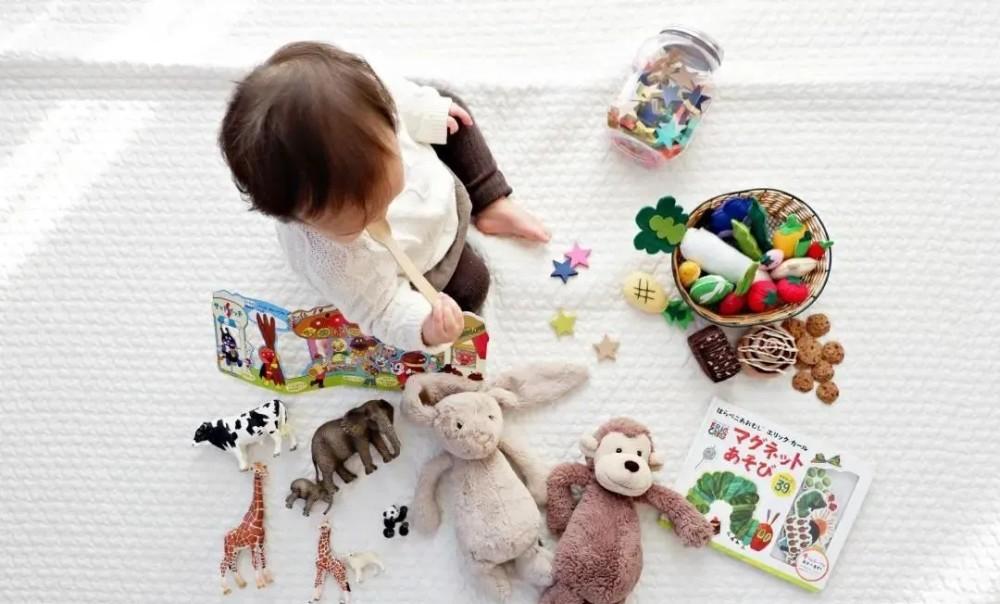First, the basic situation of the case
Beanie, a 3-year-old boy with aberration in eyes, has a sense of imitation, and can make simple small amounts of sounds.
Second, the problem description
Young children can only pronounce a small number of monophonic tones and simple overlapping tones. Young children have increased awareness of imitation, but the number and frequency of pronunciation are low, and there is a demand for toys.

Third, the ideal intervention behavior
Imitate pronunciation, expand pronunciation.
Fourth, the process of intervention and implementation
1. Single tone to overlapping tone
Young children can pronounce monophony; a/wu/yi/xie/ma/da, etc.,
(1) Game-induced pronunciation
Game one: play change ball: the teacher makes the ball bigger, smaller, the child likes the ball to become larger, put the hand in, at this time the teacher teaches the child to send a dada. At first, the toddler could only imitate da, and the teacher immediately made the ball bigger. Gradually the teacher assists to say a da first, and then in the auxiliary imitation to say a da, through learning, when the toddler imitates the dada, the interval between the two tones is shortened from 3-4 seconds to 1 second. Gradually young children can independently express their needs when playing games "dada"
(2) Motivation induces pronunciation
Toddlers love plasticine, animal puzzles and tangrams. Put these toys in the toddler's sight before class, but farther away from the toddler. When expressing their needs with "na na" and hands, guide the toddler to say "pippi" (plasticine); "board" (tangram), and give the object as a direct reinforcement to the toddler to play. After 1 week of study, young children can master the pronunciation of "plate" and "pippi".
(3) Expand pronunciation
Give young children more time to find their favorite toys, teachers record and summarize the classification of like toys and activities, and combine these toys to expand children's pronunciation, such as pictures of girls who like flowers, from the sound of mastered a to the sound of hua; the pepper model induces la ~ lala
2. Monophonic to two-word words
The number of monotones and overlapping notes expressed independently by young children gradually increases, and the two monophonic tones that have been mastered are combined, such as da and ma combined "Dama", and the model of Dama is immediately given after imitation; a and yi are combined into "Auntie"; ban and ma are combined into the "zebra" ma and yi combination "ant" that children like.
3. Combination of verb nouns
Young children can imitate about 10 groups of two-word words and multiple monosyllabic words, using their motivation to combine verbs and nouns, such as when children need to build a board, they can assist children to imitate "taking the board"; blowing bubbles can imitate "taking bubbles" when they need to open and saying "playing bubbles" and so on. There is a pause between the verb and the noun at the beginning, which is gradually shortened; after 1 month of learning, the toddler can actively express the need to "take the board".
In the process of intervention, it is necessary to find the toys and activities that young children like and teach them in the situation, so that in the context of strong motivation, the children will quickly establish a correspondence between speech and semantics, and the chances of correct application in future situations will increase.
Fourth, the results of the intervention
After nearly a month of training and learning, the frequency of imitation of pronunciation in young children has increased, the number of independent pronunciations has increased, the number of times needs expressed with mastered vocabulary has increased, and the intervention has been effective.